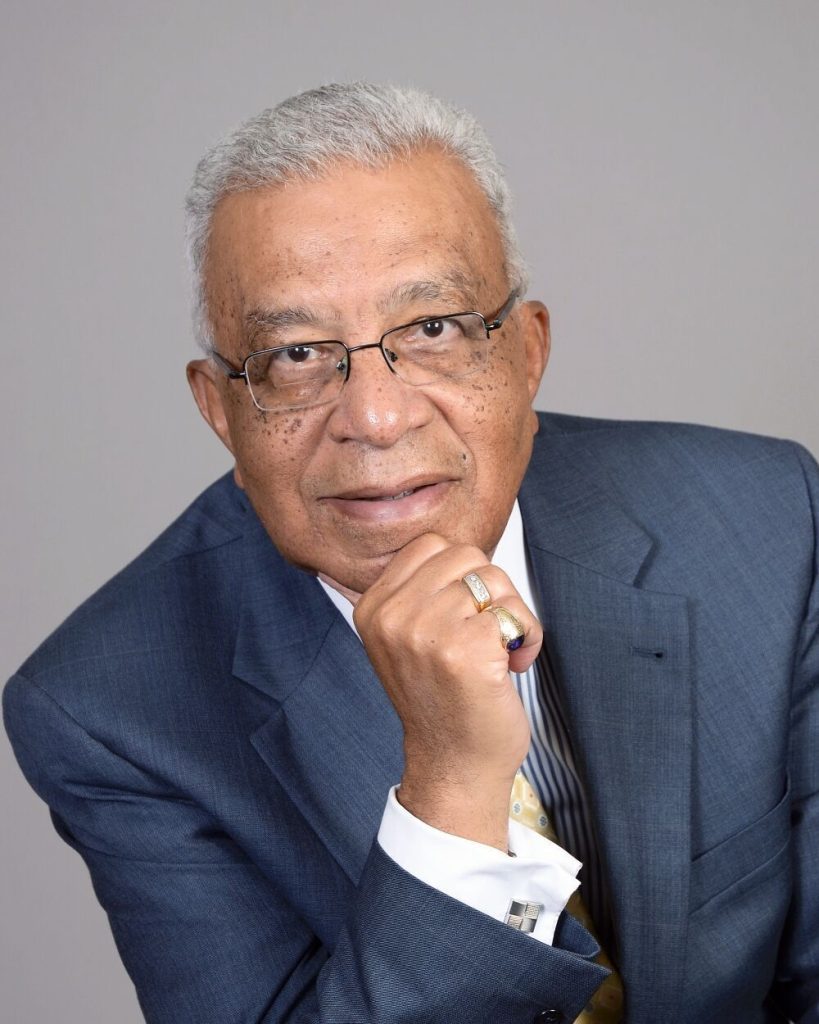In recent years, our places of worship, which should be safe and thoughtful, have been targeted with many acts of violence and disrespect. This worrying pattern not only reduces our respect for God but also weakens the important values of our society.
It is hard not to feel sad about the frequent sacrilegious acts happening. From shootings to arson and vandalism, the importance of our places of worship has been questioned. A powerful example is the recent vandalism at Mother Bethel AME Church, a historical symbol of faith and resilience in our community. Talking with its pastor, Rev. Dr. Mark Tyler, I was deeply moved by his pain over this violation of sacred space.
Mother Bethel, created in 1794, holds the special status of the oldest African Methodist Episcopal church in the nation. This important place, a symbol of spiritual guidance and social justice, has survived over time, existing as a national historic symbol and a statement of African American heritage since 1890. The attack on such a respected institution is not just a crime against property, but an attack on our collective heritage and values.
The decrease in respect for our places of worship indicates a deeper societal issue. There was a time when, despite personal beliefs or religious affiliations, these places were universally respected as very important grounds. We must address this decline in respect, and work towards restoring our shared commitment to protecting these vital institutions and the communities they serve.
This challenge is not just about protecting buildings but preserving our moral and spiritual legacies. Every place of worship, every congregation, is a part of our society, adding to the story of our shared humanity. The need for security goes beyond physical measures; it requires a renewal of our spiritual and ethical values.
Let me be clear: we are dealing with a sin problem, showing lack of care and hostility towards sacred spaces and, by extension, towards each other. While mental health is a crucial issue that cannot be overlooked, we must also address the spiritual emptiness that leads to such acts of disrespect.
The church, in all its forms, continues to be a foundation of community, providing comfort, guidance, and support. It is a symbol for our youth, a source of comfort for our elders, and a safe place for all who seek peace and purpose. Now, more than ever, it is very important for us to confirm the significance of these spaces.
As people of faith, we are called to stand firm in the face of difficulty, echoing the promise that “the gates of hell shall not prevail against” the church. Therefore, let us come together in prayer and action to protect these important spaces, to support the faith leaders who lead them, and to reaffirm our dedication to the principles of love and service that are the heart of faith.
In these troubled times, may we find the strength to uphold the importance of our places of worship, ensuring they remain peaceful havens and symbols of hope for generations to come.









